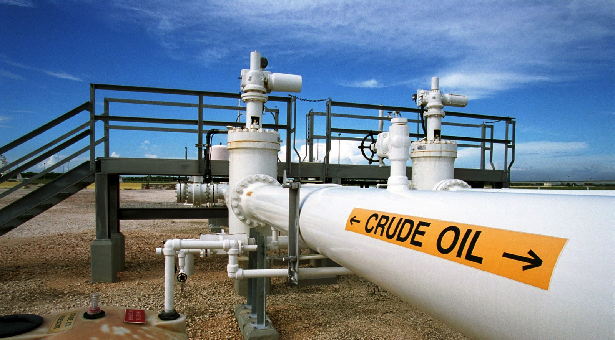Anglo-Dutch energy giant Shell has said it has shut down a key crude supply pipeline in Nigeria’s highly restive South because of a leakage. Shell subsidiary the Shell Petroleum Development Corporation of Nigeria Limited (SPDC) in a statement released on Tuesday (July 25, 2017), said the Trans Niger Pipeline (TNP) was shut on July 21, 2017 at B-Dere in Ogoniland. “Efforts are ongoing for a joint investigation visit to determine the cause of the leak and repair of the pipeline,” the statement declared. The volume of production shut-in was not disclosed as at press time.
The TNP feeds the Bonny Light export terminal, which has a production capacity of 225,000 barrels per day of oil. Militants and oil thieves in the region have repeatedly attacked the pipeline. Community unrest forced Shell to quit oil production in Ogoniland in 1993 but the company still runs a network of pipelines criss-crossing the area.
A spokesman for the Movement for the Survival of Ogoni People (MOSOP) pressure group said it was not responsible for the latest shutdown. “We are not involved in the incident we only heard about it. Our position however remains that Shell is not welcome on our land,” Fegalo Nsuke told AFP. He called on Shell to address the issues of environmental degradation, neglect, injustice and under-development before considering the resumption of production in Ogoniland.
“If they want our oil, they have to take care of the people,” he added. MOSOP founder, the late Ken Saro-Wiwa was executed with eight other activists by Nigeria’s military junta in November 1995 on trumped-up murder charges at a secret trial. Many believed Saro-Wiwa’s conviction was politically motivated because of his opposition to Shell’s presence in Ogoniland, where there have been repeated oil spills. But in 2015, Shell agreed to pay £55 million ($72 million, 61 million euros) in compensation to more than 15,500 people in Ogoniland and agreed to start a clean-up of two major spills.





